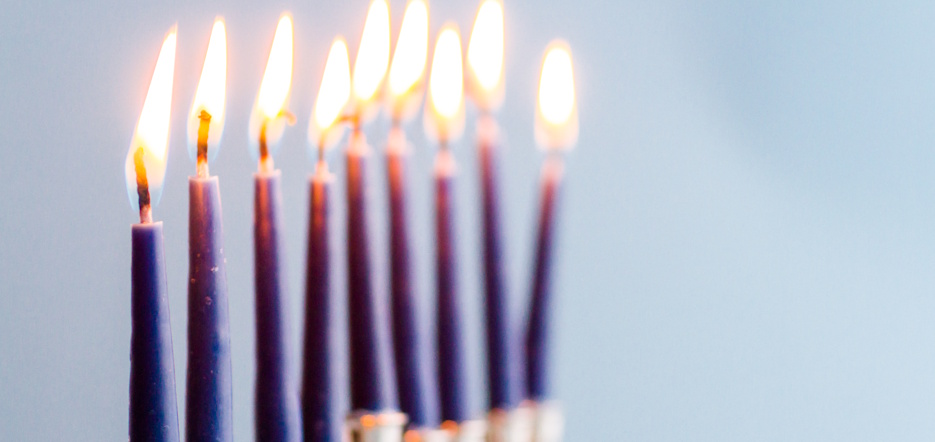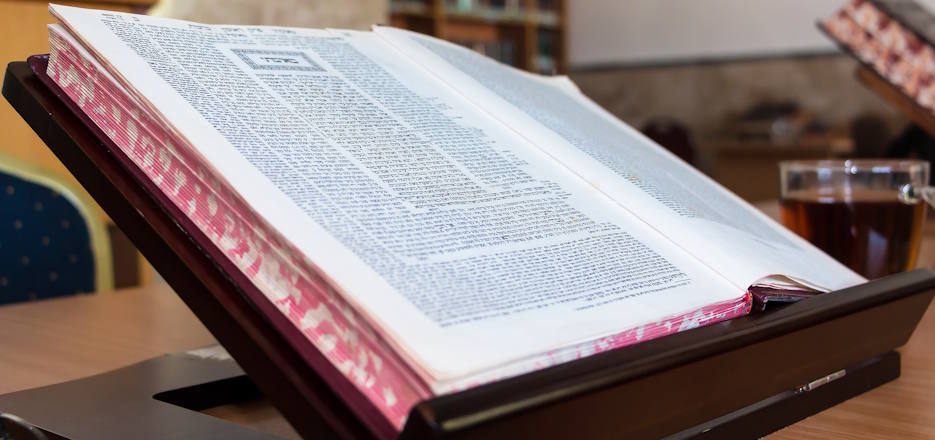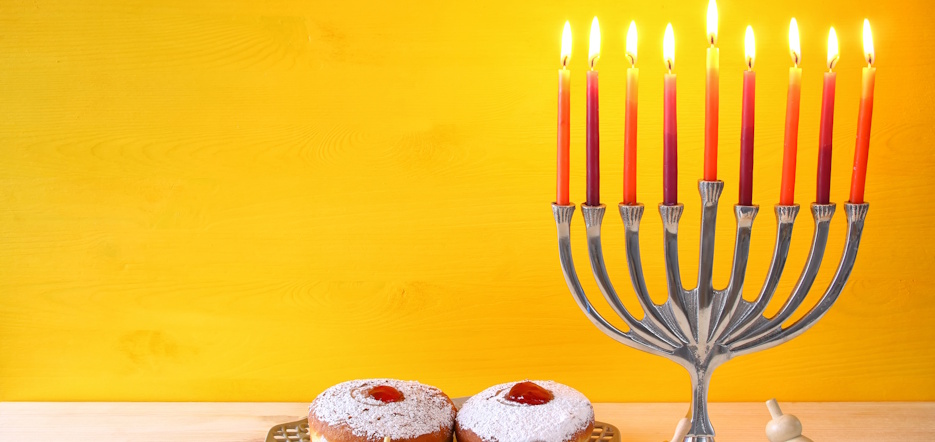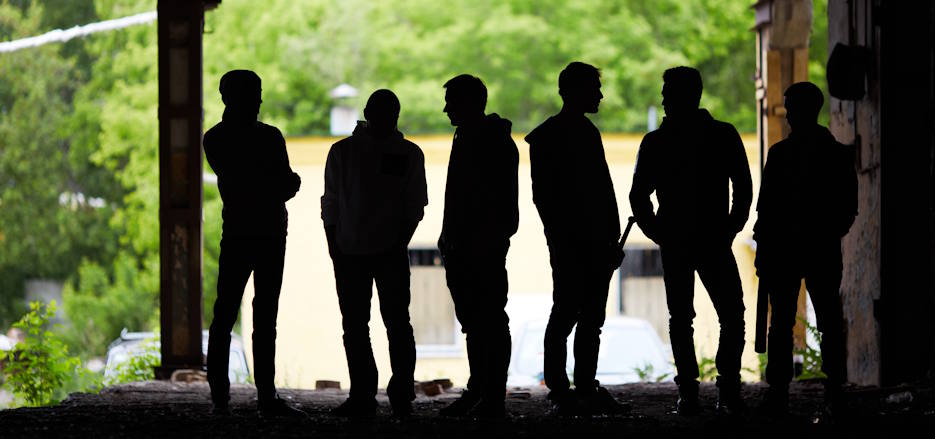The birth of a new child is always cause for great joy and excitement. Jewish babies are lovingly welcomed into the community at a celebration where they are given a Hebrew name and blessed.
B’rit Milah
“The covenant of circumcision,” is the oldest continuous Jewish rite celebrated throughout the world. This ancient ceremony has its origins in Torah (Genesis 17:10-12) when God commanded Abraham to circumcise every male assigned at birth throughout the generations as a sign of the covenant. Circumcisions are held on the eighth day after birth, even if that day is a Shabbat, a festival or Yom Kippur. If there is a health concern, however, the bris may be delayed.
A bris is usually performed in the home or synagogue by a mohel. The mohel, who may also be a physician, is professionally trained regarding the circumcision procedure, as well as the religious rules and values. In the traditional ceremony, the child is handed by his mother to a kvaterin (godmother) who then gives the baby to a kvater (godfather). As the baby enters the room, he is greeted by family and guests with the words “Blessed be he who comes.” The kvater then hands the child to a sandek, a special person selected by the parents to hold the baby during the circumcision. A blessing is recited and the circumcision, which takes very little time, is performed. The child’s father reads a prayer thanking God for the commandment that he “bring the child into the covenant of Abraham our father.” Then, there is a blessing over the wine, some of which is touched to the infant’s lips, a prayer for the child’s health and the bestowing of the baby’s Hebrew name. Onlookers pray for the boy to “grow into a life of Torah, marriage and good deeds” and then join in a festive meal to celebrate the fulfillment of this religious obligation.
Baby Naming
Being egalitarian, we encourage parents to name their daughters in a religious ceremony conducted at home or in the synagogue. Most baby namings take place within four to six weeks after the child is born. During this ceremony, the parents hold their baby while they recite blessings over candles and wine. The Rabbi then blesses the child with traditional prayers and has the honour of bestowing her Hebrew name. Following the naming ceremony, family and guests are invited to join in a festive meal or Oneg Shabbat.
Please contact the office when your baby is born in order to schedule a bris or baby naming.













































.svg)